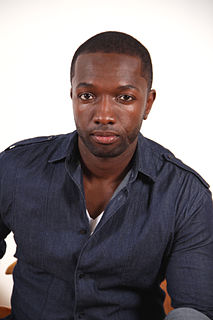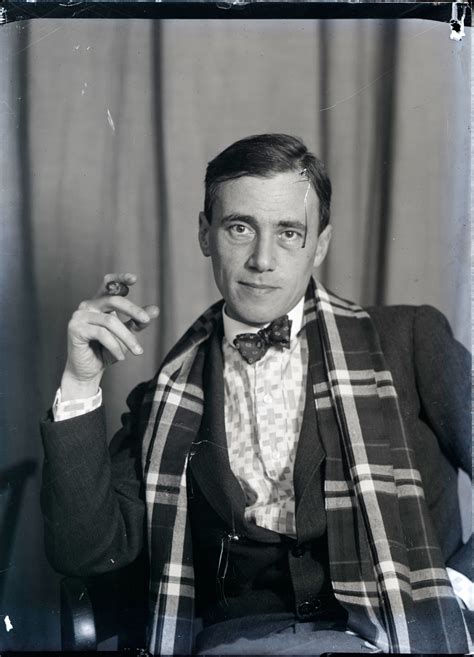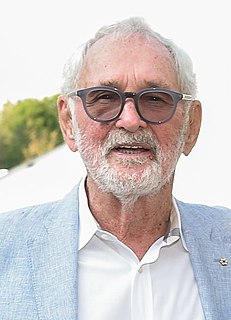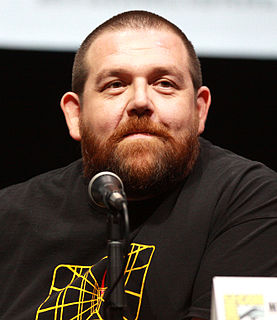A Quote by Hirokazu Kore-eda
A film is not a vehicle to accuse, or to relay a specific message. If we reduce a film to this, we lose all hope for cinema to ignite a richer conversation.
Related Quotes
Priyanka Chopra has produced a Marathi film. Even John Abraham announced he wants to make a Marathi film. Suddenly everyone wants to jump on the bandwagon. Shah Rukh, Rohit Shetty also want to do a Marathi film. There is an awareness. But I hope they don't come and spoil the market by making their kind of cinema.
I conceive of the film as a modern art form particularly interesting to the sense of sight. Painting has its own peculiar problems and specific sensations, and so has the film. But there are also problems in which the dividing line is obliterated, or where the two infringe upon each other. More especially, the cinema can fulfill certain promises made by the ancient arts, in the realization of which painting and film become close neighbors and work together.
To me, a revolutionary film is not a film about a revolution. It has a lot more to do with the art form. It's a film that is revolting against the old established language of cinema that had been brainwashing the people for decades. It is a film that is trying to find ways to use sound and image differently.
The film The Conquest will be seen on many different levels and the American point of view is always more technical. The French are less technical - it's 'I like it, or I don't like it.' I hope that this film can have a life in the U.S. - it's the grand country of cinema. I grew up with Hollywood movies, so for a French director to have a film distributed in the U.S. is a real opportunity.
I hate political films that have one particular message that they're trying to convey. I think propaganda is very dangerous, and it's very easy for anything to slip into it. I also think that propaganda is something that defies the identity of cinema. I hate propaganda in cinema, even if it was promoting the political stance that I myself am allied with. I always say that the responsibility of a film is first and foremost: To be a film. It's not a manifesto, it's not an op-ed.
When Laura Poitras asked me if she could film our encounters, I was extremely reluctant. I’m grateful that I allowed her to persuade me. The result is a brave and brilliant film that deserves the honor and recognition it has received. My hope is that this award will encourage more people to see the film and be inspired by its message that ordinary citizens, working together, can change the world.





































